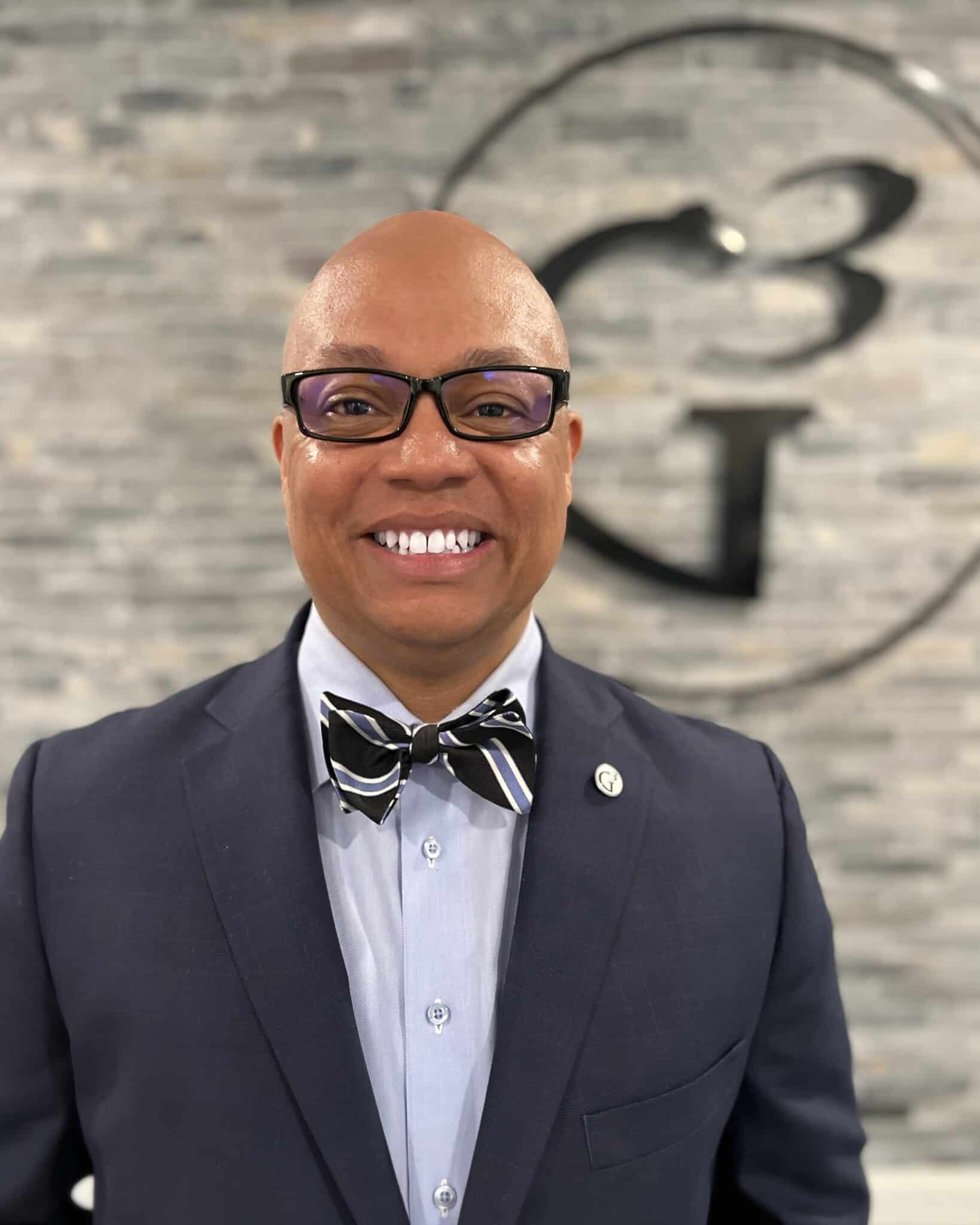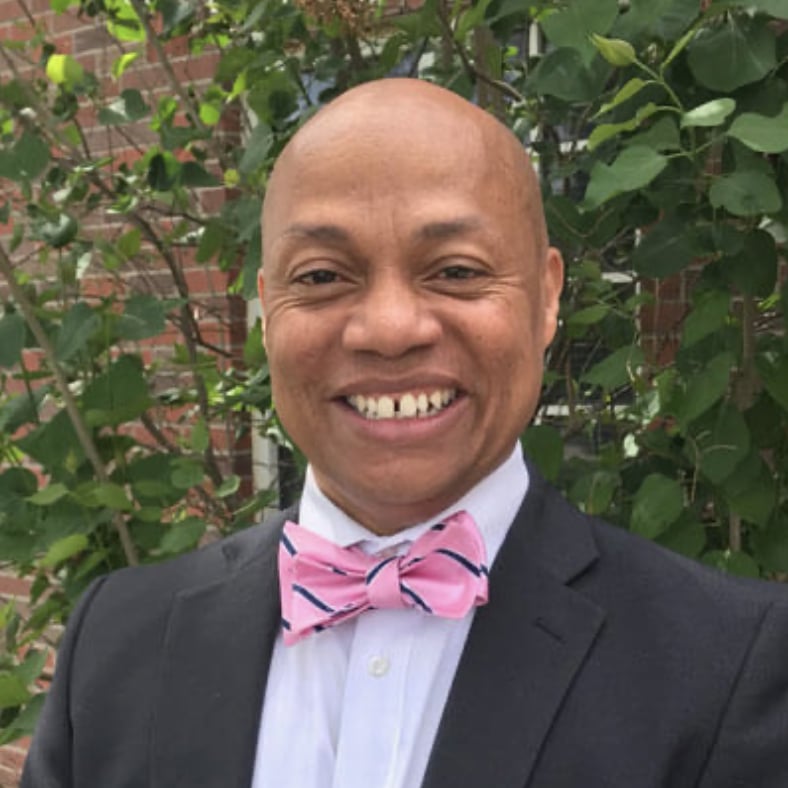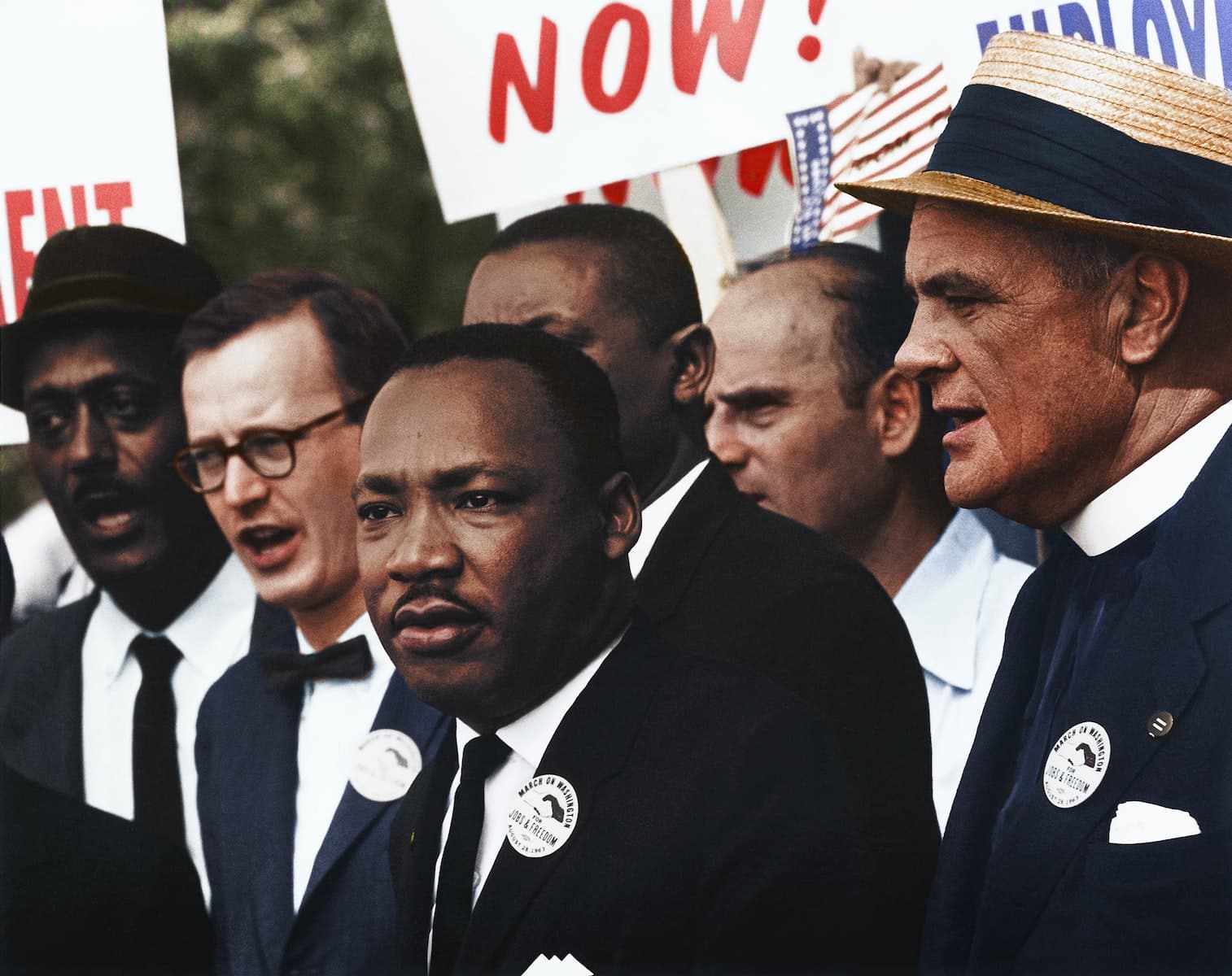In his letter from a Birmingham Jail, Martin Luther King Jr. addressed black pastors attempting to understand the civil rights movement. King understood that his rhetorical arguments would impact a much larger audience and help those foreign to the movement understand its goals.
After the Supreme Court overturned Roe, as black pastors grappled with its implications, it was clear that there was a growing need for clarity on the issue of abortion. However, in the current cultural climate, few would dare to write such a letter.
Many white pastors fear being criticized or attacked, and many black pastors find it difficult to openly criticize a fellow brother, especially one who shares his complexion. Insofar as the “black church” is concerned, evangelicals fear holding it accountable for missing the mark.
Conversely, the senior pastor of Progressive Baptist Church in Chicago, Charlie Dates, has written many critiques aimed squarely at the “White Church.” Furthermore, media outlets rush to publish many of his hot takes on everything from gun control to why America needs the black church.
In his article for the Washington Post, Dates writes, “America needs the Black church for its own survival because the Black church remains the prophetic and priestly conscience of the land.”
If Dates is correct, we must ask a question. As America’s priestly conscience, what is the black church saying in light of the Supreme Court decision regarding the reversal of Roe?
Like many black pastors, Dates is woefully silent on abortion these days. However, during the recent tragedy in Uvalde, where a gunman shot and killed two teachers and 19 children, Dates put pen to paper on the need for white churches to be pro-life regarding gun control.
When addressing mask-wearing, Dates again wasted no time using pro-life language in favor of masks. However, regarding today’s Supreme Court ruling where the pro-life agenda pushed forward, there has been no such article regarding the removal of Roe. And he’s not alone. Many pastors have gone silent; no priestly conscience, no prophetic voice.
Warnock demonstrates a willingness to replace God with government, replacing scriptural sufficiency for social justice, and sacrificing the commands of God (thou shalt not murder) on the altar of convenience.
As an observer of church culture, particularly black church culture, there have been some interesting responses to the overturning of Roe by the Supreme Court.
Proud Pro-Choice Pastors
Regarding abortion, it’s difficult to imagine anyone with the title pastor claiming to be pro-choice. However, U.S. Senator and senior pastor of Ebenezer Baptist Church in Georgia, Raphael Warnock, wasted no time making his position known. In May, upon hearing of the leaked decision regarding Roe v. Wade, Warnock took to Twitter to express his pro-choice position.
“As a pro-choice pastor, I’ve always believed that a patient’s room is way too small for a woman, her doctor, and the United States government. I’ll always fight to protect a woman’s right to choose. And that will never change.”
Raphael Warnock
Most forget to finish the phrase, “right to choose.” The reason? Completing the phrase would require clarity on a woman’s choice: “the right to choose to murder their child in their womb.”
Like many abortion advocates, Warnock ignores God, removing Him from the equation. Warnock demonstrates a willingness to replace God with government, replacing scriptural sufficiency for social justice, and sacrificing the commands of God (thou shalt not murder) on the altar of convenience.
On the Sunday after the Supreme Court decision, the senior pastor of New Birth Missionary Baptist Church, Jamal Bryant, took to the platform to make his thoughts known as he said,
“This week, America has turned back the hands of time and declared war on women in this nation. I want us to stand…to say to this nation that if America were authentically pro-life, then they would immediately abolish the death penalty. If they were really pro-life, then they would put more money into head-start programs. If they were really pro-life, they would seek to cure opiate addiction in this nation. If they were really pro-life, they would make sure teachers felt safe in their schools. If they were pro-life, there would be stricter measures regarding gun control in this nation.”
Jamal Bryant, Pastor of New Birth Missionary Baptist Church
Instead of appealing to Scripture, Bryant invoked the words of U.S. Congresswoman Maxine Waters when he said,
“I stand with the now living matriarch of the movement Maxine Waters who said, ‘They have declared war on 32 million women in this nation.'”
Jamal Bryant, Pastor of New Birth Missionary Baptist Church
Before continuing the service, which ironically featured baby dedications, Bryant exhorted, “one thing about a woman, when she is focused, she is not going to stop until she gets what she needs.”
First, it is false to argue that a consistent pro-life position would be against both abortion and the death penalty. The pro-life position understands that the death penalty adjudicates the most brutal of murderous acts. Pro-life proponents advocate for the death penalty for convicted murderers because of the high value we place on innocent human life. This position is not a new idea. It dates back to the Old Testament.
“Whoever takes a human life shall surely be put to death” (Leviticus 24:17).
Furthermore, the baby in the womb has committed no crime worthy of death.
So, where do pro-choice pastors come from? While it may be difficult to understand, the propagation of pro-choice pastors is not new. It’s been happening for some time.
Three primary reasons have catalyzed this ideological change:
- Financial partnership with white liberals.
- Political gain.
- Cultural popularity to win the approval of feminists.
It began with eugenicist Margaret Sanger promoting her ideas for population control. Sanger enlisted the help of black pastors (paying them well) to convince their adherents that her intentions were noble. Under Sanger’s “Negro Project” (1939), black pastors became evangelists of the “good news” of birth control and abortion.
Next, in 1977, a (then) pro-life Jesse Jackson addressed abortion by saying,
“Those advocates of taking life prior to birth do not call it killing or murder; they call it abortion. They further never talk about aborting a baby because that would imply something human. Rather, they talk about aborting the fetus. Fetus sounds less than human and therefore can be justified.”
Jesse Jackson 1977
By 1988, seeking to make a presidential run on the democratic ticket, political expediency caused Jesse Jackson to change his position on abortion, saying,
”Women must have freedom of choice over what to do over their bodies.”
Jesse Jackson 1988
In light of history, it’s clear that Warnock and Bryant are merely an ongoing expression of Sanger’s “Negro Project.” These men desire public popularity and relevance in a black church culture whose default is feminism.
Both Pro-Choice and Pro-Life
While pro-choice pastors have been vocal about their position, other black pastors recognize their message needs to be more nuanced to maintain their role on the church staff. With this strategy, these pastors have chosen a straddle-the-fence approach. The goal here is to offend both sides of the ideological divide while claiming the moral high ground to chastise any expression of joy regarding babies no longer being murdered.
Pastor of Radiant Church of Renton, Washington, Michael Thompson, took to the pulpit to say,
“We cannot only be concerned with the unborn and not be concerned with their life after birth. My bible teaches me that God is pro-life…My bible teaches me that God is pro-choice also…Before the church does any kind of victory lap, I want to encourage us to walk in humility.”
Michael Thomaspon, Pastor of Radiant Church
Tone-policing has become a sport for many who hold this nuanced position. While black pastors are not alone in this shaming behavior tactic, they often use statistics to support the idea that systemic racism is the primary cause of the high rates of abortion in black communities.
What follows the charge of racism is the demand for more government assistance and social programs to support women who feel the need to have an abortion in the first place. Far removed from the conversation is the mother’s responsibility, the responsibility of the man she made the baby with, or the family unit closest to the girl. The view here is that external conditions are always to blame for the resulting actions of women.
A Letter to Black Pastors
In his day, Martin Luther King could have served as an advocate for pro-family issues in the black community. Imagine Dr. King writing a letter aimed to address the importance of chastity, marriage, and fatherhood. However, like many black pastors today, King found himself on the wrong side of history regarding that issue, having received the Margaret Sanger Planned Parenthood award.
From King’s day until today, civil rights, social justice, and advocacy for abortion have shared a symbiotic relationship.
Inscribed on the Margaret Sanger award given to Martin Luther King on May 5, 1966, are written these words,
“Facing jail, abuse, and physical danger, Dr. King’s unceasing efforts – on behalf of all Americans – to win freedom for the Negro people parallel closely Mrs. Sanger’s fight over the last half-century for the emancipation of women from the burdens of perpetual child-bearing and the emancipation of children from a future of poverty and hopelessness.”
Margaret Sanger Award 1966
Abortion advocacy with black pastors has a long history. However, like the decision of the Court regarding Roe, this horrifically tragic relationship must come to an end.





